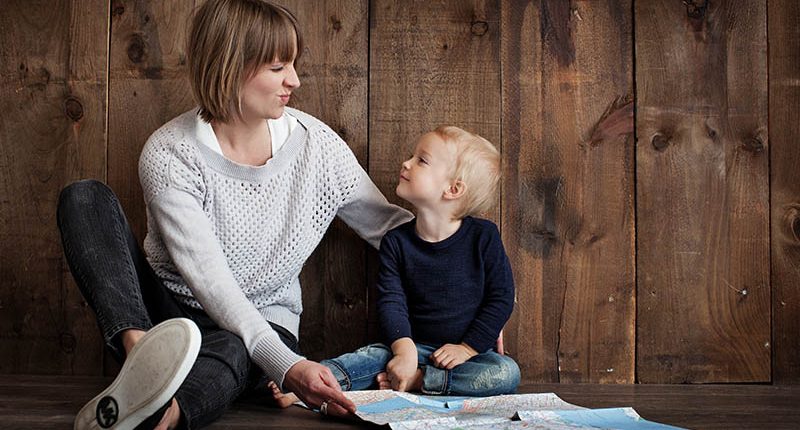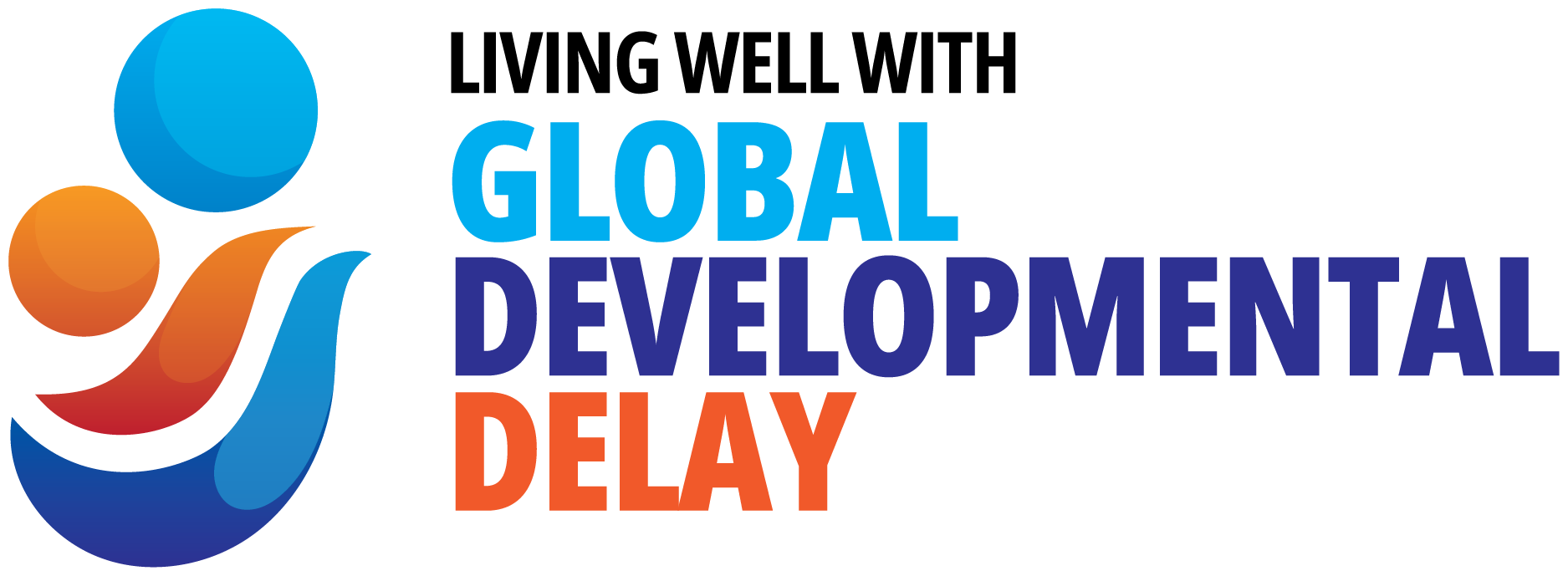Blog
Starting School: A parent’s experience
- February 8, 2024
- Posted by: gl0b4dm1n
- Category: Global Developmental Delay

Planning for your child to start school can be a nervous and stressful time for any parent. Having a child with Global Developmental Delay (GDD) can make this experience extra challenging. However if you have an early diagnosis and a clear plan, it can make this process a little easier and less stressful. Having that knowledge, of what extra supports our child would probably need, helped our family in deciding what school might be best for her. This should be an exciting and happy time for all children and their families.
For our family, living in a regional area, we found that being prepared and researching the schools and learning options available locally was a big help. Not all locations have the same types of school options available.
If you live in a city or larger towns, there may be more options than in some regional and rural areas. But this does not mean you won’t find the right school in more isolated areas. You may just need to look a little further and see what Private and Independent schools have to offer, as well as local public schools. In some areas you may find schools specifically designed for children with additional needs, including Global Developmental Delay (GDD).
Another good way to find out about schools in your area is to connect with other parents who have already been through the process. We had joined a parent group for parents with children of differing abilities. We found this group a wealth of knowledge and were able to hear firsthand how they had managed when their children had started school. It was comforting to know that others had travelled this path and that their children were progressing in their education.
Our family found that once we knew what we were looking for, it narrowed down the options and made it easier to decide where to send our daughter to school. Knowing what supports the school was able to provide and what supports we could bring into the school was a good start.
Once we had decided which school to send our daughter to, we set up a meeting with them. We were guided by our Early Intervention (EI) team which included a Speech Therapist and an Occupational Therapist. We were able to meet the staff who would be teaching our daughter, along with aides and other staff who would be interacting with her.
We felt that it was important for us to know the staff and have good communication lines open. We wanted them to understand our daughter, and how Global Development Delay would affect her learning. This was really helpful when issues came up and we were able to talk directly with the staff involved with our daughter.
We were also able to work out what things were working well and what things weren’t, through regular communication. Things such as where was the best spot for our daughter to sit in the classroom. Sitting at the back of the room was difficult and she often missed what was going on. A better option was at the front of the room. There were fewer distractions in front of her and the teacher was able to keep an eye on where she was up to with her work.
Another tool we found helpful was having a communication book in her bag. If there was anything we needed to know for the next day, or any issues that had come up during the day, the aide was able to write it down for us. We were also able to do the same, to notify the staff of anything happening that day such as appointments, or worries our daughter had. This tool became more and more useful as our daughter wasn’t always able to remember details of what was happening at school. The classroom notes didn’t always make it home in her school bag. Having that personal note in her Communication book from the teacher or aide, saved us many times. We almost sent her to school in Book week dress up instead of Sports carnival uniform!
During the first couple of months at school, our days and weeks were up and down. Some weeks were wonderful and others not so. But we learned to go with the flow and remind ourselves that things were always going to be a little different for our daughter, but not impossible. It was important for us to make sure she was comfortable in her learning environment. We found that setting up routines and sticking to them reduced her anxiety, and ours.
The playground could be a frightening and overwhelming experience for our daughter. She didn’t really fit in with the other kids and tended to play alone. We decided to take a small box of toys and games to school to leave in the classroom for her. If she felt unable to play outside, she was able to go indoors and play with things that she was comfortable with. After a while, it turned out that she wasn’t the only one feeling uncomfortable in the playground. She ended up having other children join her indoors to play with her and her toys.
We also had to learn to be up front and open if we felt that things were not working for our daughter. You have to remember that you know your child best. If you feel something is not right, then you need to be comfortable in speaking up and asking questions. Not everything will go smoothly but if you keep working at it and trusting your judgement, you can achieve the best outcomes for your child.
It’s important to surround yourself and your child with people who are able to guide you and provide good positive advice. There are many Service Providers out there that can help you with this journey. Make the most of their services and what they can provide. We have learnt so much through our daughter’s education journey and are so proud of what she has achieved.
Jenny (parent)
